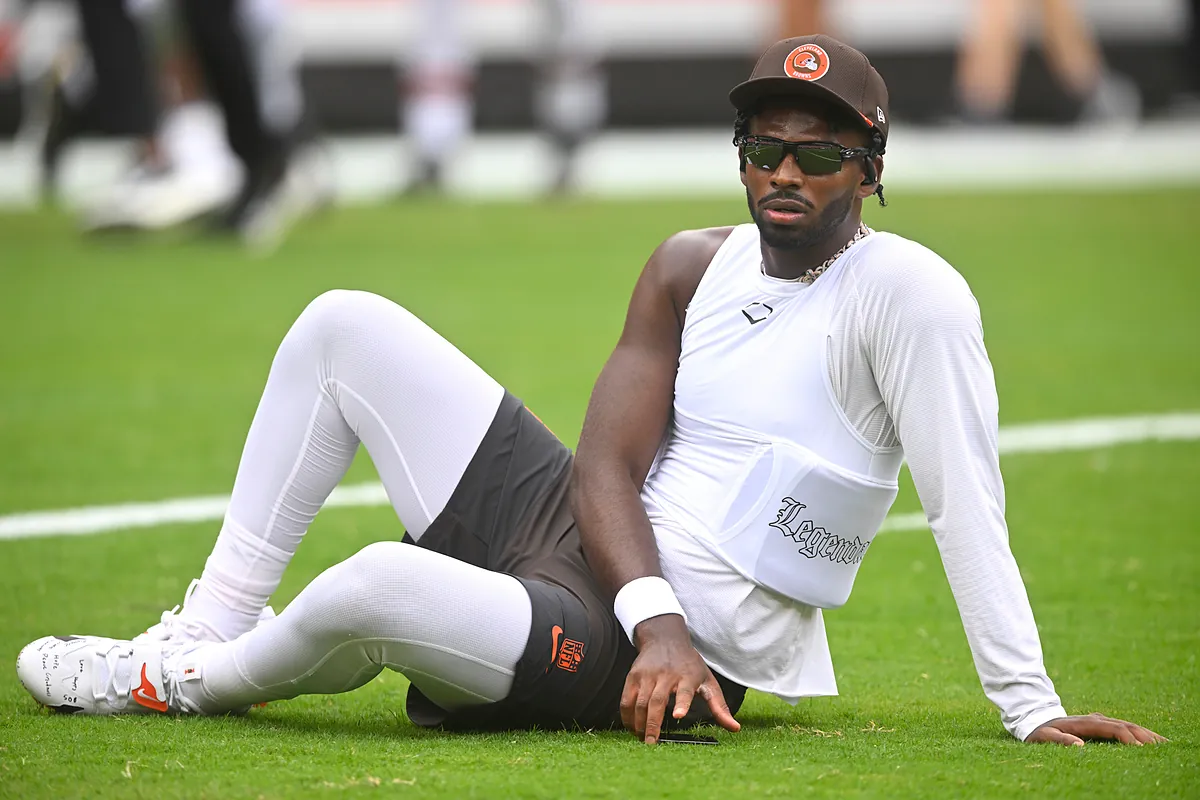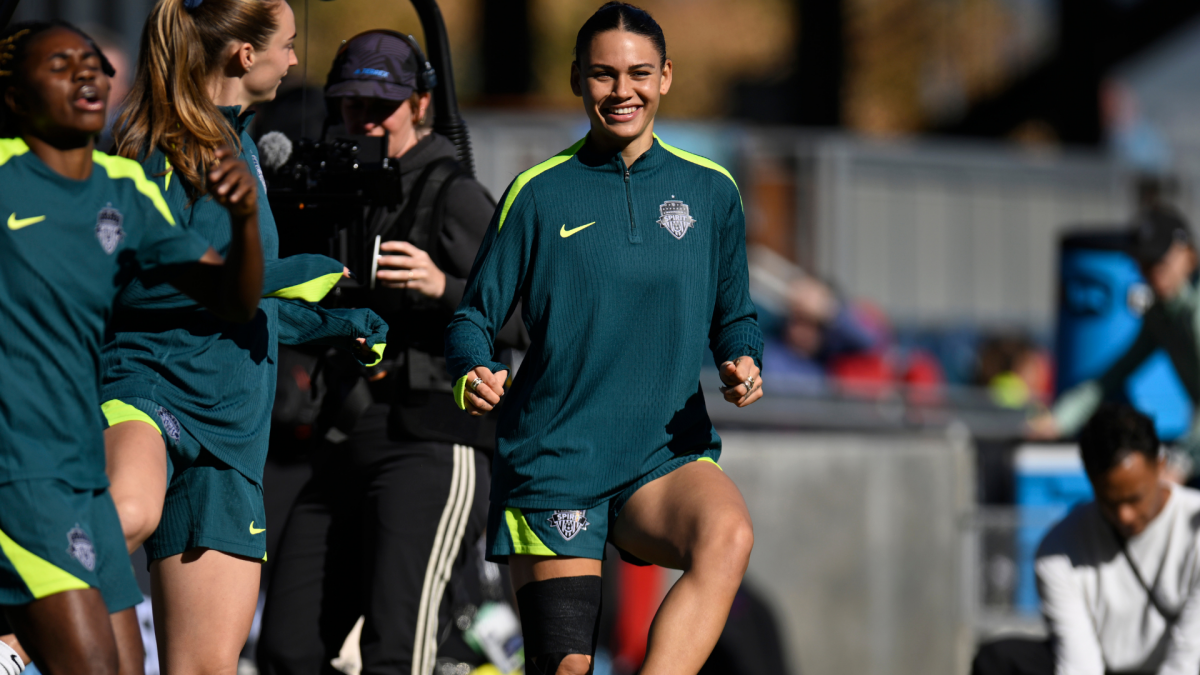
Heading into the 2025 NFL Draft, Shedeur Sanders was widely regarded as one of the top quarterback prospects. Following a strong season at the University of Colorado, many analysts expected Sanders to be selected early in the first round, with the Cleveland Browns considered a likely destination.
However, as the draft progressed, Sanders slid down the board, and the Browns chose quarterback Dillon Gabriel before taking Deion’s son.
Shedeur Sanders looks hopeless as the Browns get blown out by the Lions
The decision has sparked debate over the factors influencing Sanders’ draft position. Former Pro Bowl running back LeSean McCoy suggested that Sanders’ race played a role in his fall. Speaking on the podcast Speak Easy, McCoy emphasized that Sanders’ talent was evident throughout his college career and questioned why he was not selected higher.
“If he weren’t Black, he’d have gone in the first round,” McCoy said. “He was a top-tier quarterback coming out of college. Analysts widely projected him as a first or second quarterback off the board.”
NFL has a history of such accusations
McCoy’s co-host, former NFL linebacker Sam Acho, agreed and drew parallels to Colin Kaepernick’s experience in the league. Acho suggested that external factors, rather than lack of ability, have historically influenced the evaluation of Black quarterbacks.
“The dilemma with Colin Kaepernick was not talent, but whether he was worth upsetting decision-makers,” Acho said. “I see a similar situation with Shedeur Sanders.”
Despite falling in the draft, Sanders secured a spot on the Browns’ roster as the third-string quarterback behind Joe Flacco and Dillon Gabriel. Gabriel is expected to assume the starting role in Week 5, leaving Sanders with limited immediate opportunities to play.
His rookie season will likely be focused on development and preparation, with potential for playing time arising from injury or roster changes.
Sanders’ situation highlights broader trends in quarterback evaluation in the NFL. Draft selections are influenced by multiple factors, including team needs, perceived risk, and organizational priorities. Even highly rated prospects can slide if concerns arise around off-field issues, scheme fit, or other intangible considerations.
In Sanders’ case, pre-draft controversy and heightened scrutiny appear to have affected public perception of his draft value.
Despite these challenges, Sanders’ skill set remains highly regarded. He demonstrated accuracy, field vision, and leadership at the collegiate level, all qualities that project to the NFL.
Analysts note that his development will depend on adapting to professional speed, mastering the Browns’ offensive system, and taking advantage of any opportunities presented by injuries or performance issues among starters.
The Browns’ choice to prioritize Gabriel does not diminish Sanders’ potential. Early playing time is limited, but his presence on the roster allows him to learn behind experienced quarterbacks while preparing for future opportunities. Observers will monitor how Sanders progresses in practice and any limited game action, which will be crucial for determining his long-term role.
For now, Sanders’ rookie season represents a period of adjustment. How effectively he transitions to the NFL and navigates the depth chart will influence his prospects as a professional quarterback.
While the draft slide was unexpected, the opportunity to develop within a team environment provides Sanders with a platform to prove his abilities and prepare for future contributions in the league.
This news was originally published on this post .






Be the first to leave a comment